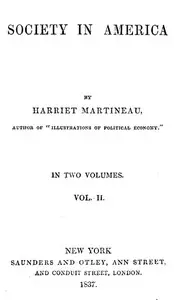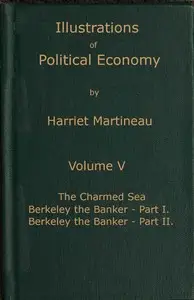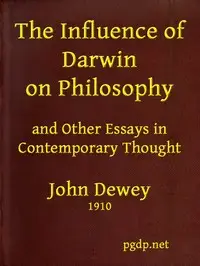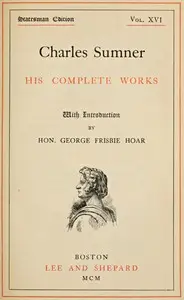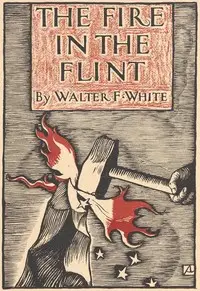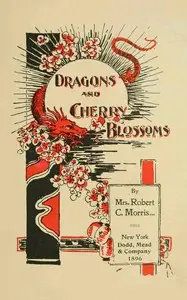"Illustrations of Political Economy, Volume 6" by Harriet Martineau is a collection of narratives that delve into the themes of political economy and social issues during the mid-19th century. This volume includes the tale of "Messrs. Vanderput and Snoek," exploring the intricacies of commerce and human interactions against the backdrop of a bustling Amsterdam. The narratives aim to showcase various economic principles through relatable characters and situations. The opening of the volume introduces readers to the town of Amsterdam during the late 17th century, highlighting its vitality and bustling trade. The narrative centers on the death of a prominent merchant, Onno Snoek, and the ensuing family dynamics that unfold. As mourners gather, characters such as the grieving widow, her son Heins, and the kind clergyman M. Aymond vividly portray the coexistence of personal sorrow with the relentless pulse of commerce that characterizes Amsterdam. Through these perspectives, Martineau begins to blur the lines between private grief and public financial dealings, setting the stage for deeper economic discussions throughout the volume. (This is an automatically generated summary.)
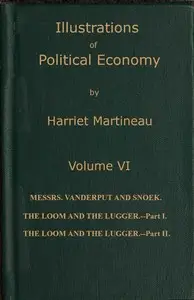
Illustrations of political economy, Volume 6 (of 9)
By Harriet Martineau
"Illustrations of Political Economy, Volume 6" by Harriet Martineau is a collection of narratives that delve into the themes of political economy and ...
Harriet Martineau was an English social theorist. She wrote from a sociological, holistic, religious and feminine angle, translated works by Auguste Comte, and, rarely for a woman writer at the time, earned enough to support herself. The young Princess Victoria enjoyed her work and invited her to her 1838 coronation. Martineau advised "a focus on all [society's] aspects, including key political, religious, and social institutions". She applied thorough analysis to women's status under men. The novelist Margaret Oliphant called her "a born lecturer and politician... less distinctively affected by her sex than perhaps any other, male or female, of her generation."



